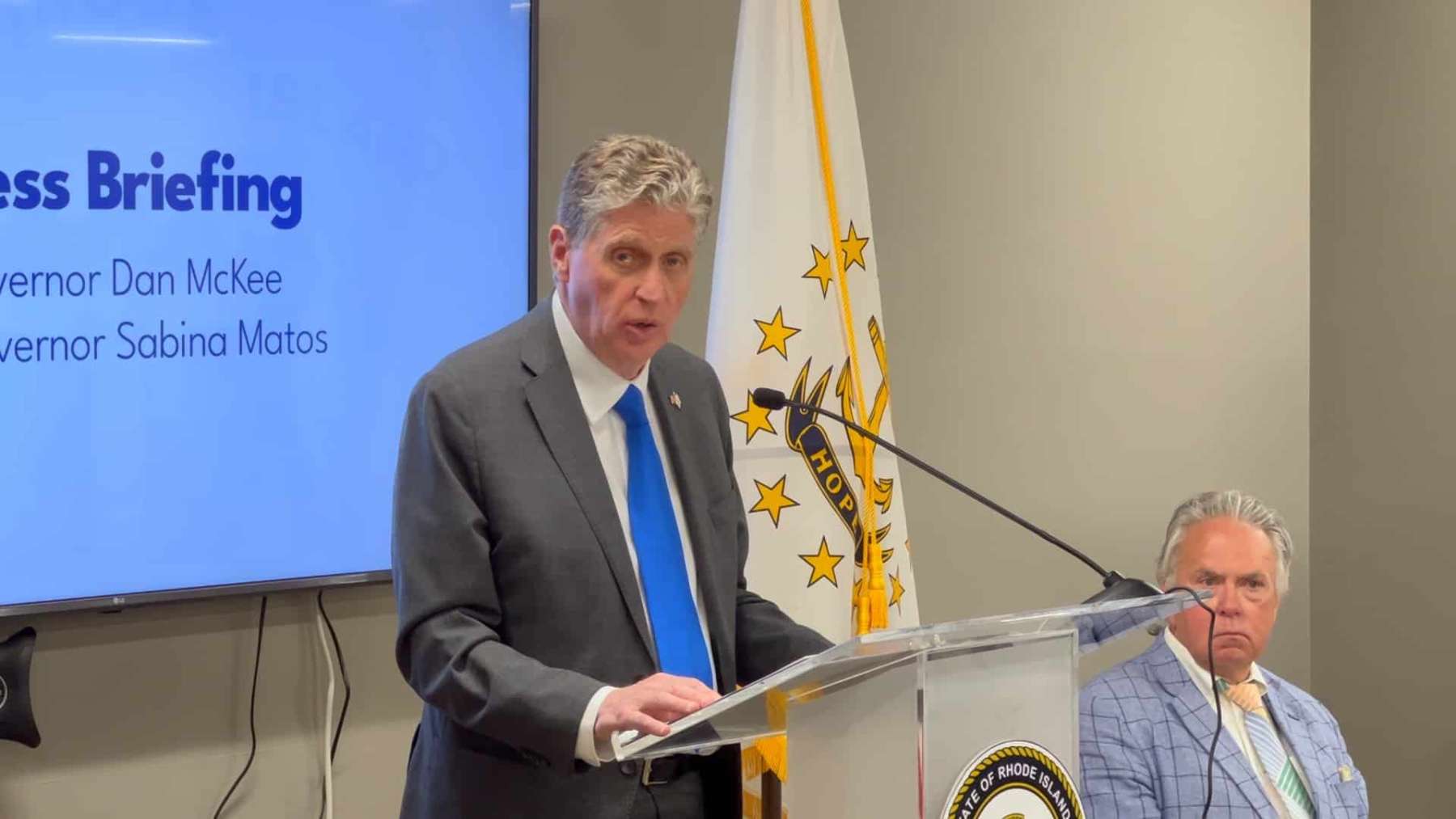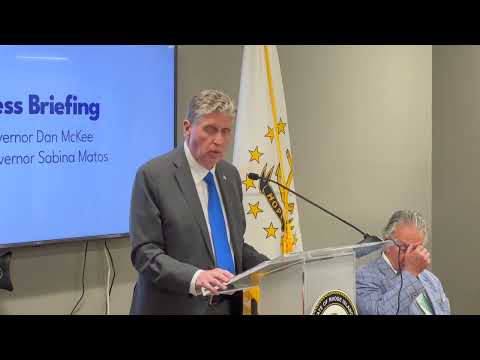Governor McKee confused about his authority over DOC when it comes to enforcing Mario’s Law
“You know, there are certain things the Governor has authority over and certain things that he don’t,” said Governor McKee. “The parole board is the individual that certainly has that authority. I’ve never directed the parole board to release any or to incarcerate anyone.”
April 6, 2022, 3:51 pm
By Steve Ahlquist
Pablo Ortega, Joao Neves, and Keith Nunes – each of whom as teenagers were given life sentences for murder and consecutive sentences for related criminal conduct – have now spent more than 20 years at the ACI. Under “Mario’s Law” a new law passed by the General Assembly last session, these men became eligible for and received parole, but deferring to the Rhode Island Department of Correction’s interpretation of Mario’s Law, the parole board “paroled” the men only to their consecutive sentence, which must be served before they can be released to the community.
In an email, Parole Board Administrator Matthew Degnan responded to Uprise RI that, “the parole board agreed when [the cases of Pablo Ortega, Joao Neves, and Keith Nunes] came before the board that this legal debate is outside the board’s statutory authority and we must leave this to the court to decide.”
Here’s the amicus from the parole board.
This leaves the interpretation of the law and the release of the men to the Department of Corrections, a department under the direct supervision of Governor Daniel McKee, and the DOC has been pursuing an interpretation of the law that has led to the three men being “unlawfully incarcerated” – in the words of Superior Court Judge Stephen Nugent.
Rhode Island Attorney General Peter Neronha, despite losing decisively in Superior Court, has appealed the decision to the Rhode Island Supreme Court. The Attorney General has rejected the legislative intent behind the passage of the bill, which in the words of Representative Julie Casimiro, the bill sponsor, was “designed to give young offenders serving lengthy sentences a chance to demonstrate that they deserve an early release on parole.”
At a press conference on Tuesday, Uprise RI asked the Governor about his authority to intervene in the case. The Governor demonstrated that he was confused about the case, and confused about his ability, as Governor, to direct the Department of Corrections to interpret the law in accordance with legislative intent.
UpriseRI: Governor, as you know the Attorney General has appealed the Superior court’s decision on Mario’s Law to the Supreme Court. Is that a decision you’re good with?
Governor McKee: Yes, we realize that the Attorney General has elevated it to the Supreme Court. You know, there are certain things the Governor has authority over and certain things that he don’t. The parole board is the individual that certainly has that authority. I’ve never directed the parole board to release any or to incarcerate anyone.
Uprise RI corrected the Governor, and accurately pointed out that the decision to not release the three paroled men was made by the Department of Corrections, which answers directly to the Governor.
Governor McKee: It’s a parole board decision.
UpriseRI: The parole board said it wasn’t their decision. This is in the court documents.
Governor McKee: Well, my understanding is that it’s a parole board decision. And, uh, if the General Assembly introduces something, we’ll take a look at it. But right now, I think the Attorney General is going to get an answer that he’s looking for and we’ll see how that works out.
Here’s the video:







